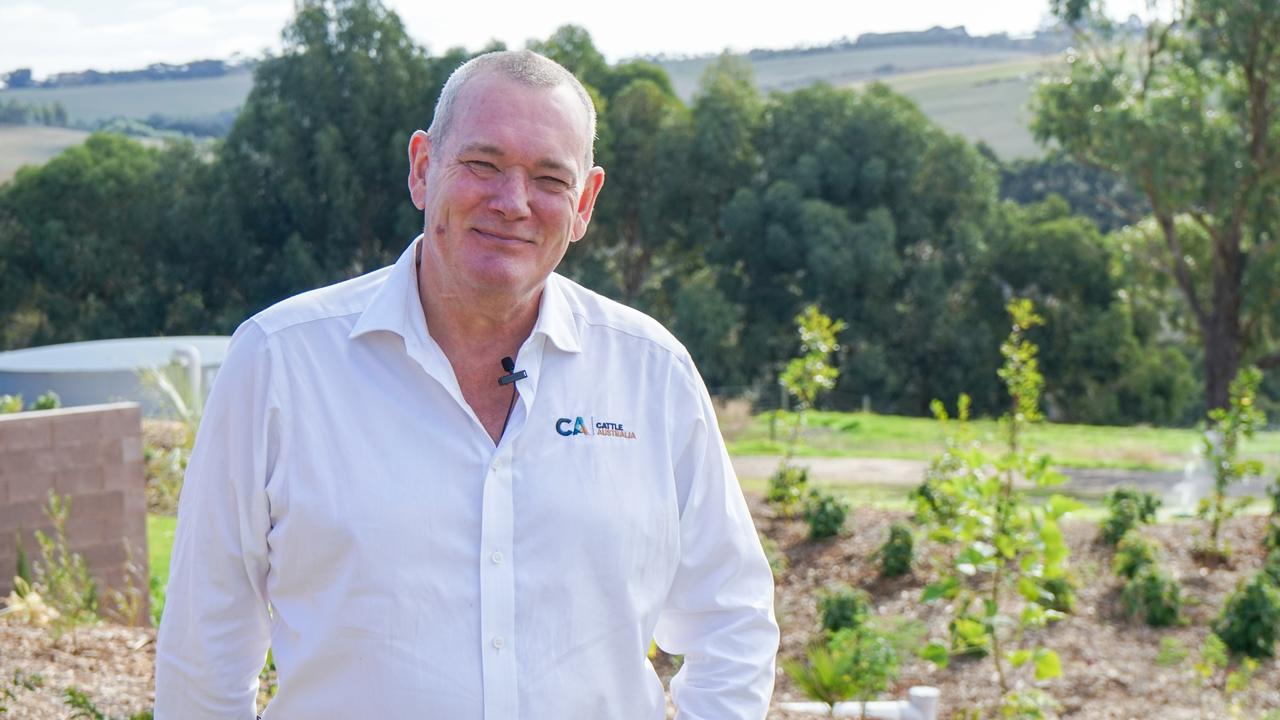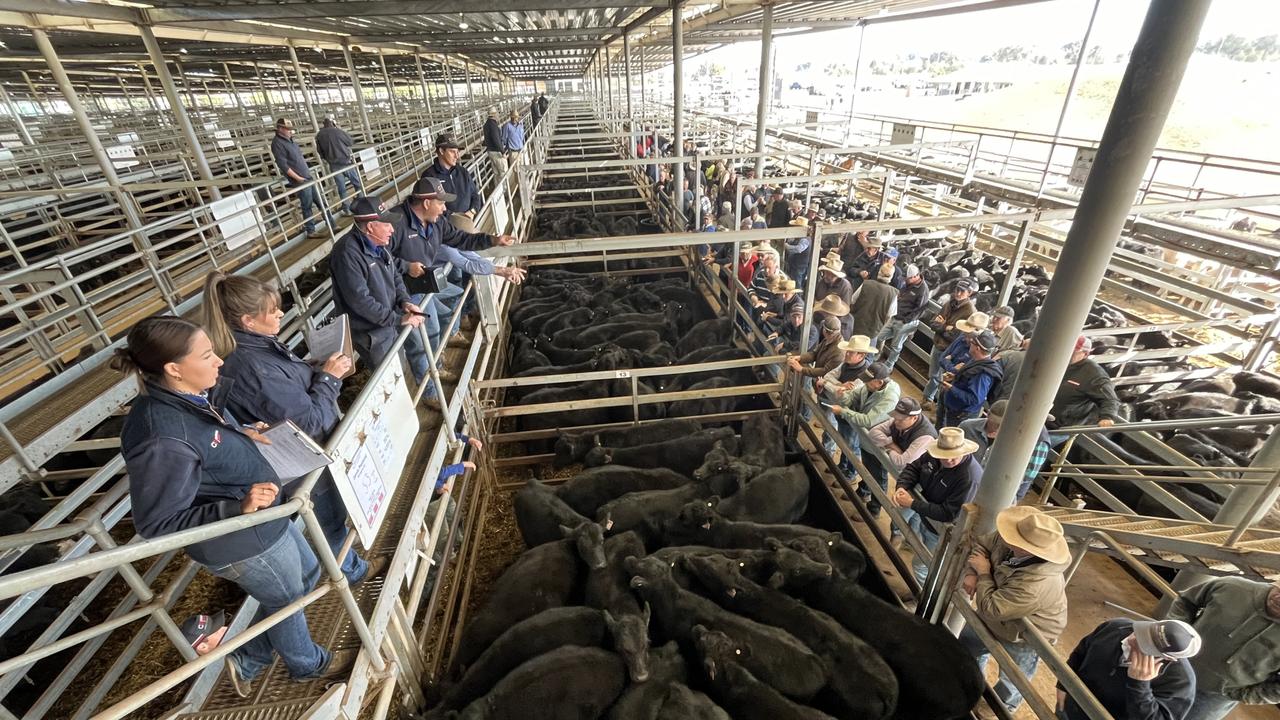The year ahead: Trump, trade wars and a federal election in 2025
Hold onto your hats for a wild 2025, as Trump takes the US presidency, a trade war erupts and Albanese and Dutton face off.
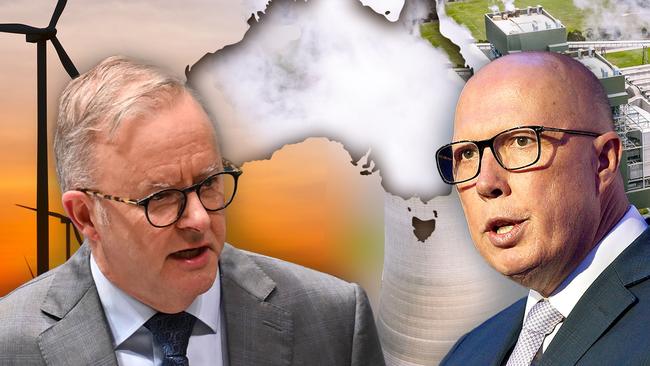
Get ready for a volatile 2025, as incoming US President Donald Trump hikes tariffs, triggering a trade war that forces up costs, inflation and interest rates.
That inflationary wave is set to reach Australian shores, where it’s likely to be exacerbated by a federal election in which Anthony Albanese and Peter Dutton try to buy votes with more handouts and tax cuts to counter rising grocery, energy and housing costs.
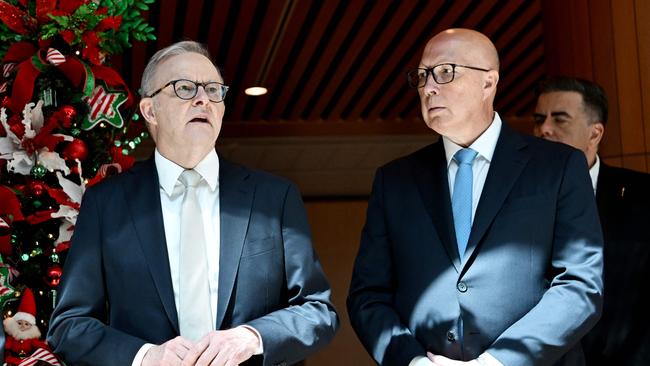
Any hope of the Reserve Bank cutting interest rates could rapidly evaporate.
For farmers the big question is: What impact will Trump’s trade war have on global commodity markets and farm inputs – fertiliser, oil, chemicals and machinery?
The answer is it may not all be negative.
China has been looking for allies ahead of the Trump presidency, rebuilding its $230bn trading relationship with Australia, dumping tariffs and forging greater diplomatic ties.
Yes, the US may be our second-biggest agricultural export market, worth $7.14bn, but China is worth $17.13bn and offers far greater opportunities for growth as well as ongoing access to cheap imports.
A trade war also puts $29bn of US farm exports to China at risk, opening the door for more Australian beef, grain and dairy exports to the Communist state.
But of course it also means the US will look to push more dairy, grains and beef into Southeast Asia, India, the Middle East and of course into Australia.
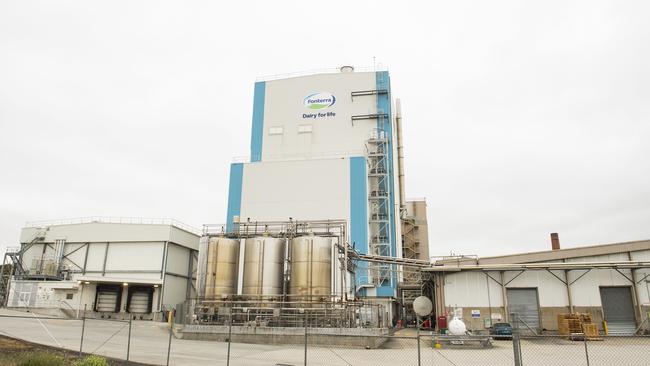
The local dairy industry has already seen a $1 billion wave of US, New Zealand and European cheese wash onto supermarket shelves and into the food services sector, a situation that is set to get worse.
It’s also hard to see Australian politicians from either side of politics taking any retaliatory action against US imports, even if Trump slaps tariffs on Australian farm produce.
Meanwhile local food processors will continue to face labour shortages, rising gas prices, interest rates and regulatory costs that make many globally uncompetitive and vulnerable to increased import competition.
Don’t be surprised to see even more imported cheese, butter and ice-cream in stores, plus an ever growing array of spreads, frozen and tinned foods in supermarket house brands.
Australian Bureau of Statistics figures show food imports surged by $7 billion in the just two years, from $33bn in 2021-22 to almost $40bn in 2023-24.
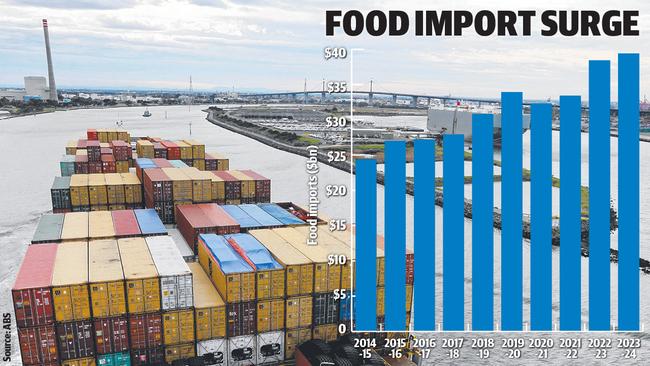
We will see more processors shut up shop and move offshore, with Saputo and Fonterra already flagging asset sales and shutdowns in the new year.
Back in Canberra the likelihood of a hung parliament in the wake of the April-May federal election are high, adding to the uncertainty that rural and regional Australia face.
Dissatisfaction with the Albanese Government’s performance could well lead to it losing three of its 78 seats and its majority in the Lower House, forcing it to deal with a crossbench that is already crowded with 18 MPs – including four Greens.
Anthony Albanese has declared “I’m the only candidate for Prime Minister seeking a government in our own right and there’ll be no deals with the Greens”.
But there’s another seven teal MPs he can deal with, and there’s also no guarantee the party will keep him as Prime Minister if they lose their majority.
A Labor alliance with teal MPs would mean more resources clawed back from regional Australia, ending new gas and coal developments, accelerating the carve-up of more land for transmission lines and renewables, stripping more water from agriculture for the environment and imposing even greater costs and red tape on businesses.
A raft of other global issues may well add to the political uncertainty of 2025.
Trump may well force Ukraine to cut a deal with Russia on ending the war, but Vladimir Putin will keep pushing, given he is now running a military economy.
As for Taiwan, China may well quell its ambitions on invading the island, given it the risk to its economy in the midst of a trade dispute with the US.
Australian agriculture may also have to deal with an outbreak of the high pathogenicity avian influenza H5N1, which has hit every other continent on earth, including the Antarctic.
Given the way Australian reacted to Covid, the introduction of a virus that can infect birds, mammals and humans, risks an outbreak of hysteria.
Whatever happens hold onto your hat, because it’s going to be a wild ride.



